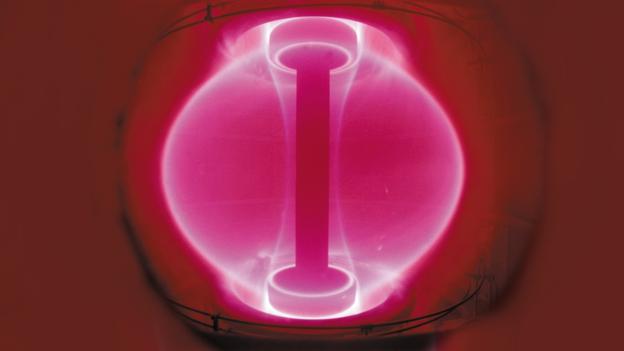Apr 28, 2016
Quantum computing, here we come: A qubit data bus may soon be possible
Posted by Karen Hurst in categories: computing, quantum physics
Transporting information from one place to another is a key part of any computing platform, and now researchers have figured out a way to make it possible in the quantum world.
To prove their point, they demonstrated what’s known as perfect state transfer on a photonic qubit that’s entangled with another qubit at a different location.
In traditional computing, numbers are represented by either 0s or 1s. Quantum computing relies on atomic-scale quantum bits, or “qubits,” that can be simultaneously 0 and 1—a state known as superposition. Quantum bits can also become “entangled” so that they are dependent on one another even across distances.
Continue reading “Quantum computing, here we come: A qubit data bus may soon be possible” »


















